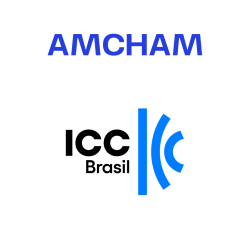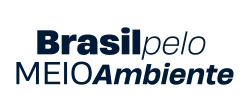Textile Circularity - Reintroduction of pre and post consumer waste transformed into a new fiber
ABOUT IT
Every year, the company generates around 3,000 tons of textile waste such as paper, cardboard and organic material, so Riachuelo seeks initiatives to reduce its impact. The aim of the project is to use textile waste generated at the manufacturing unit, in its industrial phase, and turn it into raw material, consequently reinserting this material into the company's production chain in a scalable and continuous manner.
The project assumes the commitment established by the company, such as the emissions reduction target, established with the Science Based Targets initiative (SBTi) with the purpose of the shifting to a low carbon economy. The project has three phases (1st) Technology Prospecting, Mapping, Characterization and Waste Classification; (2nd) Development of Recycling Processes and Classification of Fibres Obtained; and (3rd) Prototyping of Textile Materials for Prototype Evaluation and Technology Transfer. The project is currently in its third phase.
Results and Objectives
The project's objectives and results are:
- Reintroduction of 3,000 tons of pre-consumer waste per year;
- Promote the reinsertion of these raw materials into the textile chain;
- Reduction in the generation of textile waste.
SDGs
External Certification
International Commitments
National Commitments
More info



